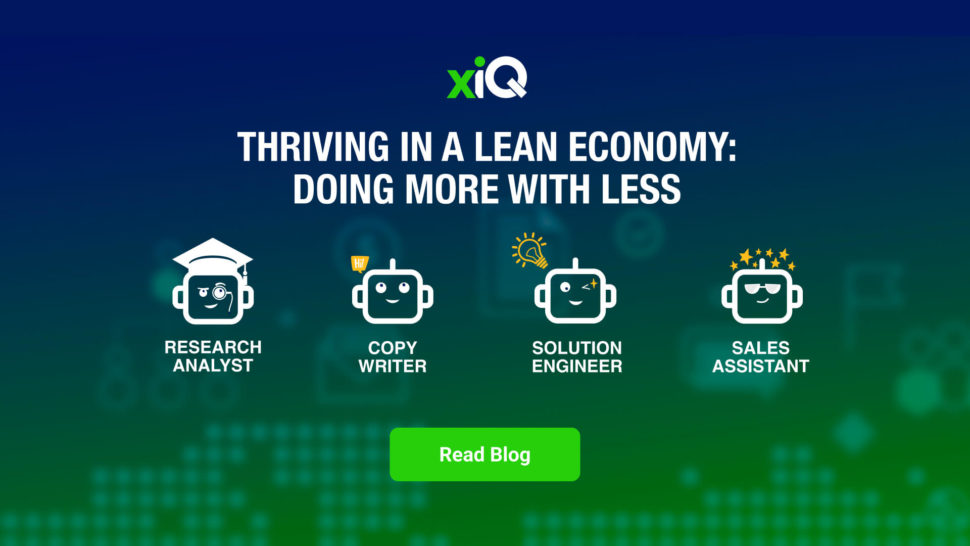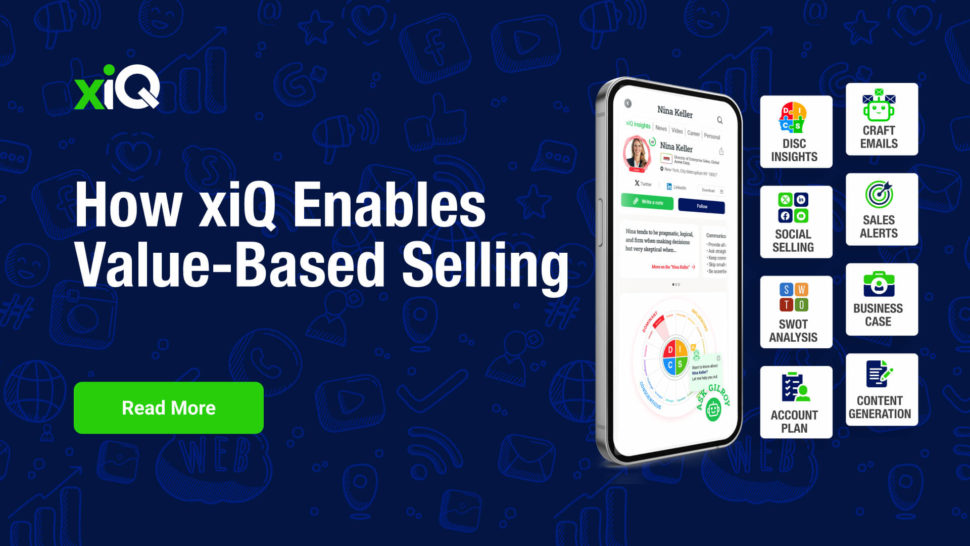From Cold Leads to Hot Prospects: How SDRs Transform the Sales Pipeline

A Sales Development Representative (SDR) qualifies a prospect by assessing their suitability as a potential customer for the product or service being sold. SDRs aim to determine if a prospect has a genuine need for the offering, the authority to make a purchase decision, and the financial resources to buy. Qualifying a prospect typically involves a series of steps:
Research
Before reaching out to a prospect, an SDR should gather information about the individual and their company. This may include details about their industry, company size, job title, and any potential pain points or challenges they might be facing.

Research

Before reaching out to a prospect, an SDR should gather information about the individual and their company. This may include details about their industry, company size, job title, and any potential pain points or challenges they might be facing.

Initial Contact
The SDR will make the first contact with the prospect, typically via email, phone, or social media. The goal is to establish a connection, briefly introduce the product or service, and gauge the prospect’s interest.
Initial Contact

The SDR will make the first contact with the prospect, typically via email, phone, or social media. The goal is to establish a connection, briefly introduce the product or service, and gauge the prospect’s interest.
Needs Assessment
During the conversation, the SDR will ask open-ended questions to understand the prospect’s needs, goals, and challenges. This information will help determine whether the product or service is a good fit for the prospect.

Needs Assessment

During the conversation, the SDR will ask open-ended questions to understand the prospect’s needs, goals, and challenges. This information will help determine whether the product or service is a good fit for the prospect.
BANT Qualification
The SDR may use the BANT framework (Budget, Authority, Need, and Timeline) to qualify the prospect further:
BANT Qualification

The SDR may use the BANT framework (Budget, Authority, Need, and Timeline) to qualify the prospect further:

- Budget: Does the prospect have the financial resources to purchase the product or service?
- Authority: Does the prospect have the decision-making authority or influence within their organization to move forward with a purchase?
- Budget: Does the prospect have the financial resources to purchase the product or service?
- Authority: Does the prospect have the decision-making authority or influence within their organization to move forward with a purchase?
- Need: Is there a genuine need for the product or service, and can it solve the prospect’s problems or help them achieve their goals?
- Timeline: Is the prospect ready to decide soon or are they still in the early stages of their buying journey?
Confirm Interest and Schedule a Meeting
If the prospect meets the qualification criteria, the SDR will try to confirm their interest in learning more and schedule a meeting or demo with a salesperson or account executive.

Confirm Interest and Schedule a Meeting

If the prospect meets the qualification criteria, the SDR will try to confirm their interest in learning more and schedule a meeting or demo with a salesperson or account executive.

Handoff to Sales
After scheduling the meeting, the SDR will typically hand the qualified prospect over to a sales representative or account executive who will take over the sales process.
Handoff to Sales

After scheduling the meeting, the SDR will typically hand the qualified prospect over to a sales representative or account executive who will take over the sales process.
By qualifying prospects, SDRs help to ensure that the sales team focuses its efforts on high-quality leads with a higher likelihood of conversion, saving time and resources for both the sales team and the prospect.






